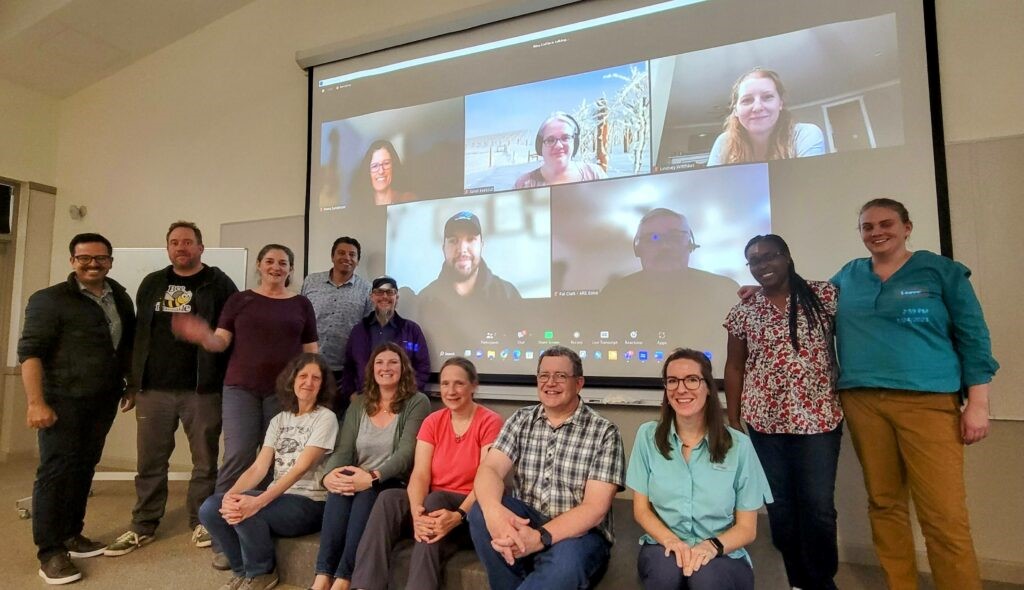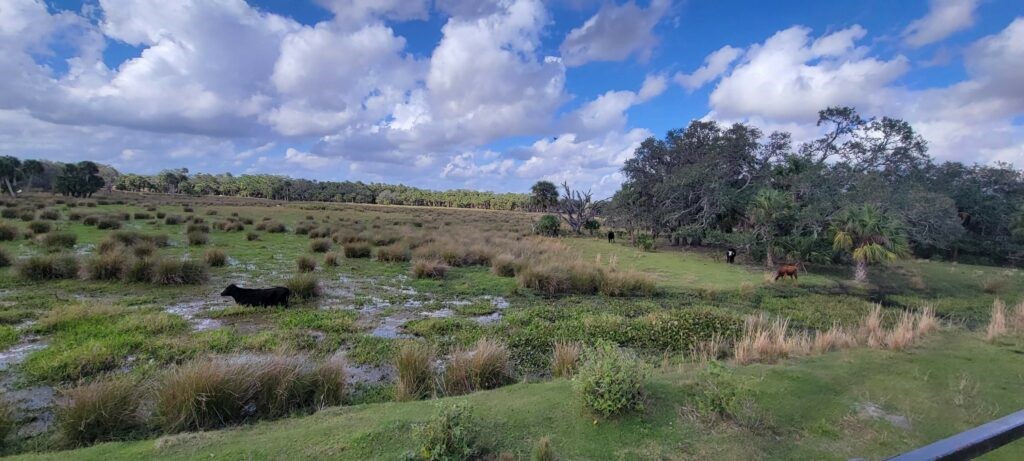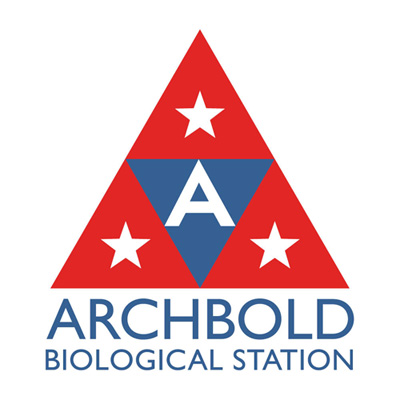
Authors: Shefali Azad, Vivienne Sclater, & Julie Sorfleet
Last month, Archbold Biological Station hosted a weeklong meeting for the US Department of Agriculture Long Term Agroecosystem Research network. The US Department of Agriculture Long Term Agroecosystem Research network is comprised of 18 research sites across the continental US. Archbold’s Buck Island Ranch – in partnership with University of Florida’s Range Cattle Research and Education Center – is one of the 18 network sites, focusing on issues unique to the subtropical grazing lands of Florida. The research sites collaborate on strategies to improve sustainable agriculture. Sustainable agriculture requires balancing increased outputs, like crop or cattle production, with the conservation of natural resources, protection of the environment, and enhancement of rural wellbeing. Network scientists design experimental treatments tailored to their region’s climate, geophysical characteristics, agricultural products and practices, and cultural context. These experimental treatments contrast with the standard practices for managing agriculture lands in an attempt to provide producers and agencies with important information and new techniques for management and economic decision-making.
Within the Network, there are different network-level working groups that focus on specific topics, agricultural challenges, and opportunities. Working groups meet periodically to work together to achieve different research goals. The network scientists representing the Regionalization Project, Human Dimensions Working Group, Remote Sensing & Geographic Information Systems Working Group, and Communications Strategies Working Group met for the 2023 Long Term Agroecosystem Research Integrated Meeting at Archbold. Over the course of the week, the groups met to workshop strategies and goals for 2023.

Vivienne Sclater, Archbold Director of Data and Technology, is part of the Regionalization Project, which aims to estimate the spatial footprints for Long Term Agroecosystem Research network research. Vivienne explained, “We want to know to what geographic extent we can extrapolate the results of our research. In other words, where else can we apply what we learn from our experiments to help improve sustainability elsewhere?” The group has been working on new methods to answer this question since 2018, and this meeting served as a writing workshop. Seven new journal papers were outlined which will be submitted for publication in a special issue of the Journal of Landscape Ecology later this year.
The Human Dimensions group was created to support the social, economic, and cultural components of agroecosystem research. Social scientists within this group assess the capacity of the network to support rural prosperity, and create frameworks to engage stakeholders and discover barriers to adopting innovations. Archbold Data Manager Shefali Azad stated, “The meeting refined network indicators for rural wellbeing, and the group laid the groundwork for a multi-site survey of producer and consumer issues that will be deployed this summer.”
Archbold Geographic Information Systems Research Assistant Julie Sorfleet, participates in the Remote Sensing and Geographic Information Systems working group. The goal of this group is to share resources and support coordinated research to address agroecosystem problems using remotely sensed data (data collected with satellites and drones). Julie said, “We discussed how to derive common indicators from remote sensing methods across the Network sites, and piloted a new project to estimate biomass from satellite and drone imagery in both cropland and rangeland sites.”
The visiting scientists also enjoyed a swamp buggy tour of Buck Island Ranch and short hiking trips in Archbold’s sandy scrub ecosystem. This workshop facilitated collaborative work within and across working groups to advance projects supporting the mission to improve sustainable agriculture.
